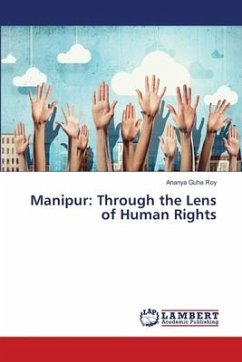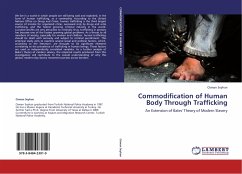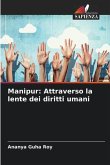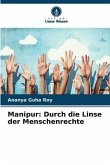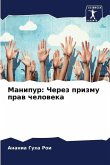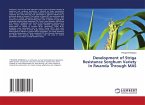The North-eastern part of India is declared as 'disturbed' for long. Its human rights situation is rooted in its ethnic and linguistic make-up and in the history of its administrative relationship to the central government of India. The Armed Forces Special Powers Act (AFSPA), 1958 was implemented to control the insurgents as well as to maintain peace and security in the region. But surprisingly, after its deployment the situation became even worse. The army violates the human rights of the inhabitants by means of torturing, arresting, searching their houses in excuse of suspicion. They harass the female in connection to help the militants by providing shelter. Thousands of cases of rapes and sexual molestations have been reported against the army. But due to lack of proper investigation the victims do not get justice. Several times the civil society raises its voice to repeal the draconian Act. The central government sometimes too feels to withdraw it, but in practice they do nothing. International organizations like United Nations, Amnesty International make some recommendations, still the people of North- east have been deprived of enjoying the basic human rights of them.

